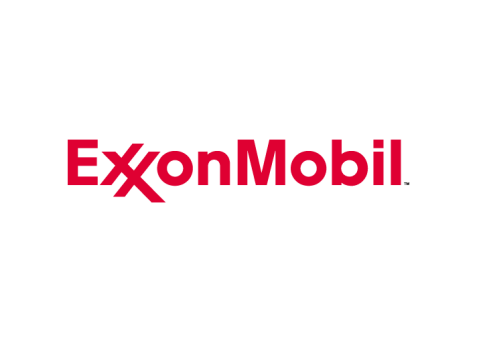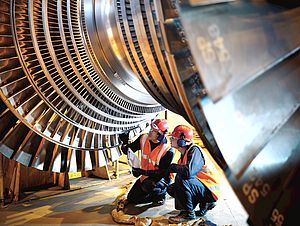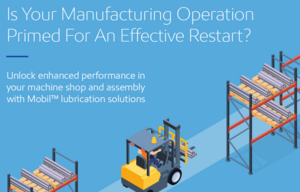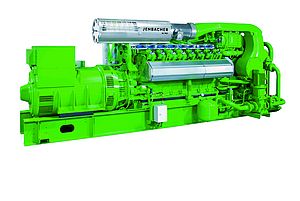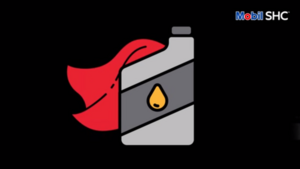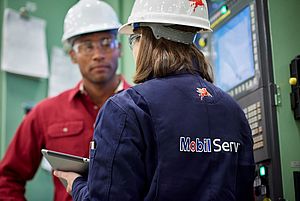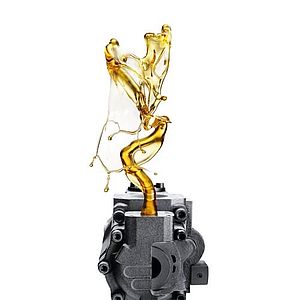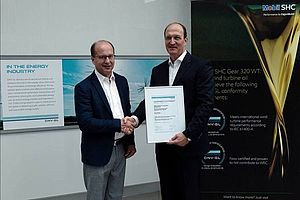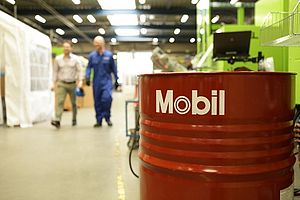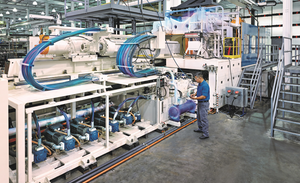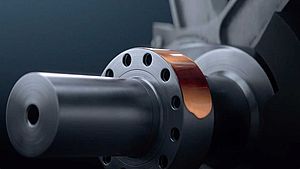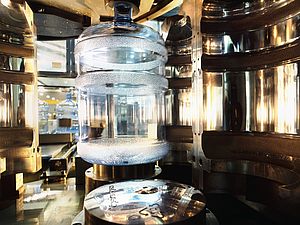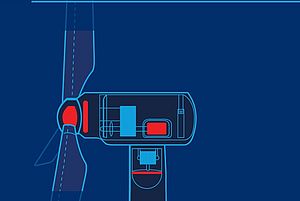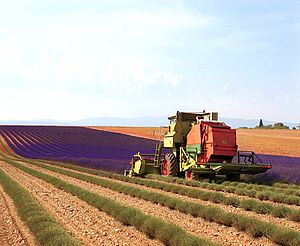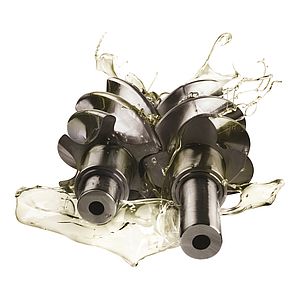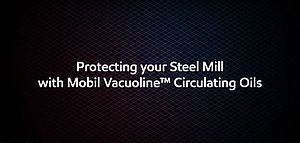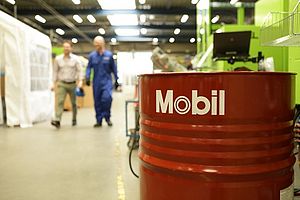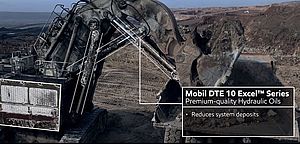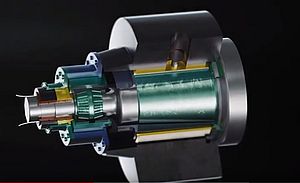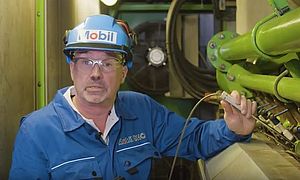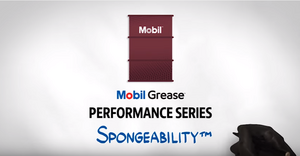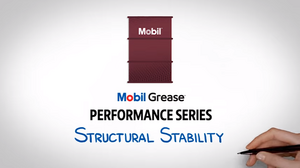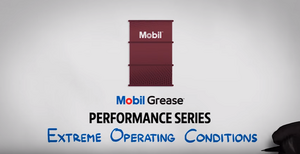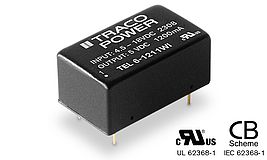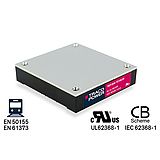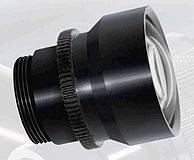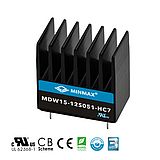What are the most important factors that should be considered when selecting a grease?
The first factor to keep in mind is selecting a grease with the appropriate viscosity, which is the fundamental characteristic of a grease. The higher viscosity greases are usually more water resistant and help improve heavy-duty or high load applications. A lower viscosity grease will have enhanced pumpability, and therefore effectiveness to protect equipment, when operating in low temperature conditions. The additive technology contained within a grease should be the next factor to be considered with the application in mind. Most performance-enhancing additives found in lubricating oils are also used in grease formulation and should be chosen according to the demands of the application. For example, a heavily loaded open gear set would require extreme pressure (EP) additives, which would not be required to optimise performance of lightly loaded high-speed elements. Grease consistency is a further factor that must be analysed. Thickener type should be selected based on performance requirements as well as compatibility when considering changing product types. Each thickener brings certain performance benefits affecting elements such as water resistance, pumpability and ability to operate in high temperature conditions. Mobil SHC™ Series greases, for example, contains Lithium Complex thickener, which helps ensure excellent performance in this areas.
When should companies use grease versus lubricating oils?
In many cases, greases are applied rather than fluids where a lubricant is required to maintain its original position in a mechanism. This is especially the case where opportunities for frequent re-lubrication may be limited or uneconomical. This requirement may be due to the physical configuration of the mechanism, type of motion, type of sealing or the need for the lubricant to perform all or part of any sealing function in the prevention of lubricant loss or entrance of contaminants. Due to their solid nature, greases do not perform the cooling and cleaning function associated with the use of an oil. With these exceptions, greases are expected to perform all other functions of a fluid lubricant.
We are looking to find ways to better manage maintenance and replacement costs. Could grease selection play a role here?
Selecting a grease that is able to work effectively under your specific operating conditions and offer enhanced machinery protection will help you achieve long term cost savings. ExxonMobil synthetic oil-based greases, such as the Mobil SHC Polyrex™ Series and Mobilith SHC Series, are scientifically engineered to provide excellent equipment protection and long grease life. They offer controlled release of lubrication, providing just the right amount to release for extended protection. They stay where they are needed, making them easier to use while helping control maintenance and replacement costs. High leakage rates are likely to result in higher maintenance costs, health and safety issues and may lead to increased unscheduled downtime due to the reduced amount of grease in the system failing to provide adequate protection. The frequency of re-lubrication is also a factor, with some lower quality greases that leak from a system, or become ineffective to protect machinery, requiring additional maintenance and possible downtime to replace.
Our machinery runs at very high operating temperatures. What impact does this have on grease selection?
In high temperature applications, there is a risk that the wrong choice or low quality grease may perform poorly due to degradation resulting from thickener and base oil oxidation, or due to the loss of base oil from grease bleed and evaporation. Oxidation is a chemical reaction that occurs between oxygen and the in-service lubricant, and is accelerated in high temperatures. Greases that do not have effective viscosity and oxidative resistance can have limited ability to provide lubrication at higher temperatures. Typically, greases with synthetic base oils can provide a wider operating temperature range than conventional, mineral-based greases. For example, the Mobil SHC Polyrex™ Series is a range of high performance, synthetic bearing greases that uses advanced polyurea thickener technology in order to achieve excellent high temperature performance up to 170°C. Even at these extreme temperatures, the polyurea thickener technology resists oxidation and loss of structural stability allowing re-lubrication intervals to be extended while maintaining equipment protection when compared to competitor mineral oils. This carefully balanced combination of thickener, base oils, and additives yields a grease that can help increase bearing life and reduce downtime and provide excellent water resistance, wear and rust protection.
We experience issues with leakage, with grease running out of our machines during operation. How can this be avoided?
Unnecessary higher leakage rates can result in additional grease costs and reduced grease in place to adequately protect machinery, both resulting in increased maintenance requirements and potential extended downtime periods. There are two key ways to minimise grease leakage. The first is to undertake a complete system inspection to define leakages and take necessary action such as renewal of seals, changing seal types or maintaining seals. The second, and more efficient, method is to apply a high quality grease with strong adhesive properties. For example, the Mobilgrease XHP Series, used across a wide range of industrial applications, are formed of a highly adhesive and cohesive structure, delivering excellent grease tenacity, decreased leakage and re-lubrication intervals which all support reduced maintenance requirements and increased productivity.


